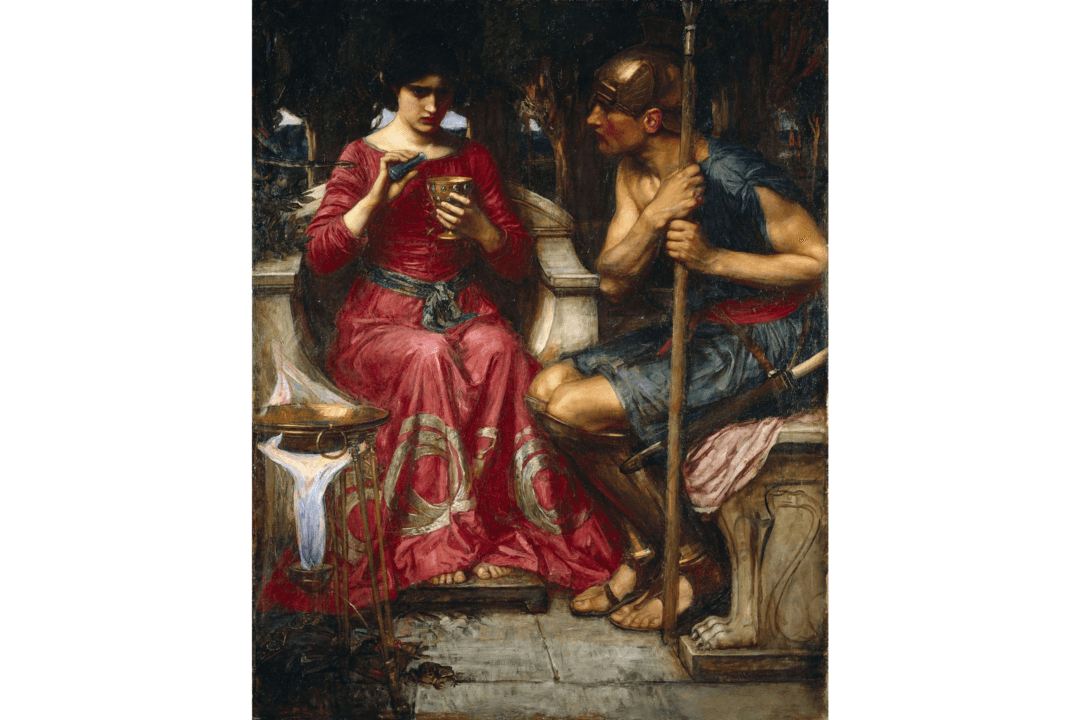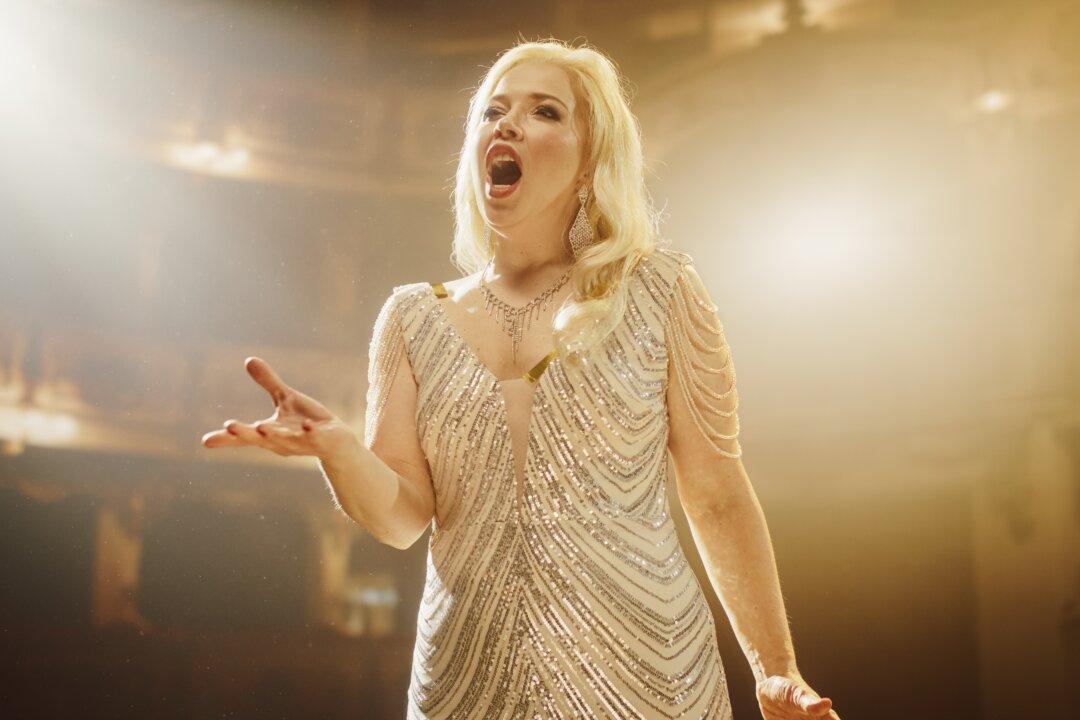Maria Callas (1923–1977) was one of the most famous sopranos of the latter part of the 20th century. One of her most celebrated roles was the title character in “Medea” (“Médée), a French opéra-comique by Luigi Cherubini (1760–1842). The opera remains an obscure work because few sopranos are brave enough to tackle it. Callas performed the opera in a 1953 revival, and it became one of her defining roles.
Cherubini’s Opera
“Medea” was first performed in Paris on March 13, 1797. The Metropolitan Opera Encyclopedia described “Medea” as possessing a “score combining classical grandeur and psychological penetration.” The libretto (lyrics and occasional dialogue of an opera) was written by French playwright François-Benoît Hoffman.The story is based on the ancient Greek myth-inspired tragedy of Medea by Euripides. The opera was moderately successful upon its original debut but wasn’t immediately revived. Nevertheless, it was the most remembered work of both the composer and librettist.






